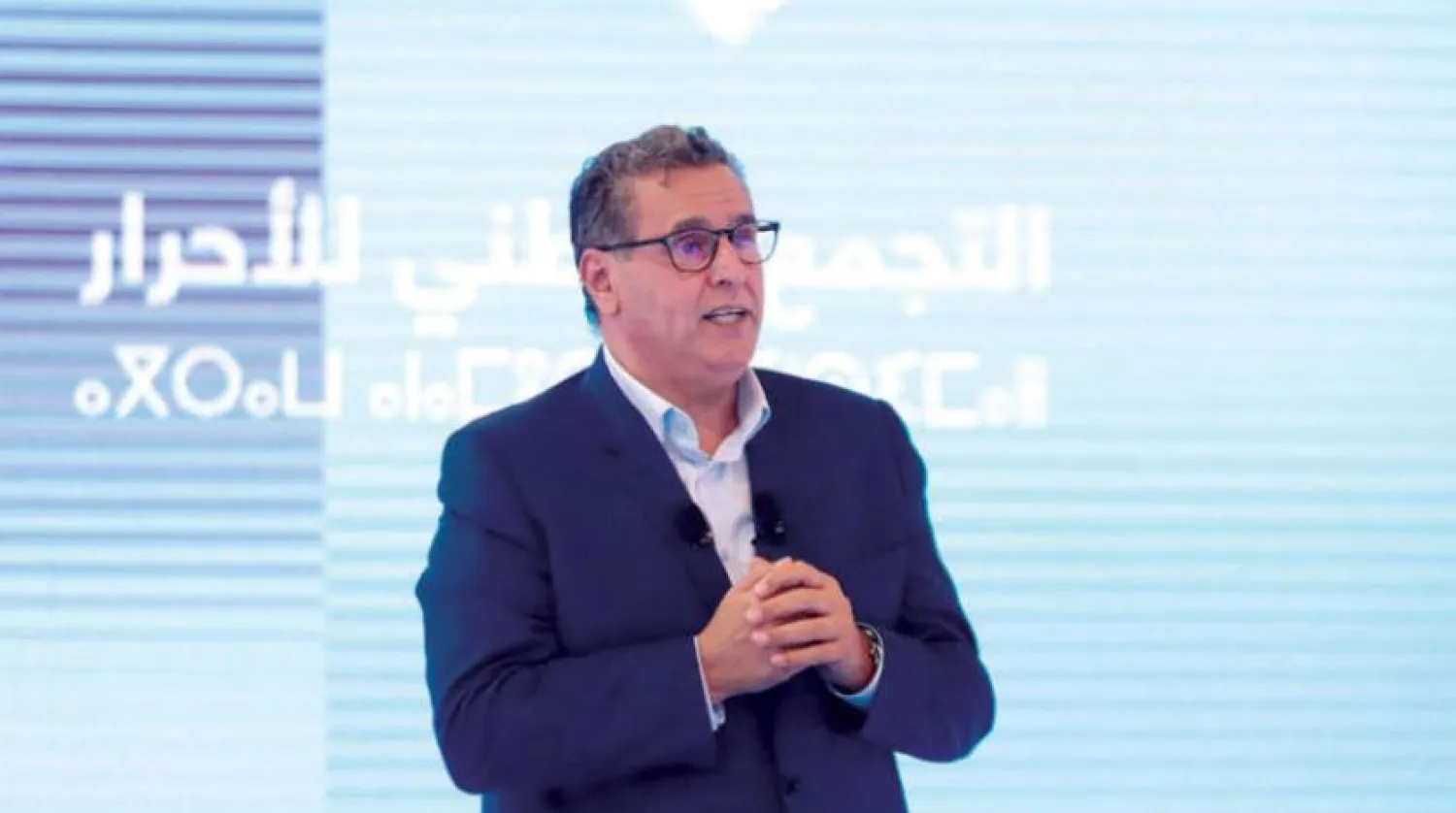Morocco has welcomed the positive statements and constructive stances recently expressed by the new Federal Government of Germany.
In a statement, the Moroccan Foreign Ministry said that it welcomed the "positive statements...which bode well for a resumption of bilateral cooperation and a return to normalcy in the work of diplomatic representations of the two countries in Berlin and Rabat".
"The Kingdom of Morocco hopes that actions will back these statements up to reflect a new state of mind and mark a new beginning in the relationship based on clarity and mutual respect."
In March, Rabat suspended contacts with the German embassy over "deep misunderstandings" on "issues fundamental for Morocco." It ordered all government departments and bodies to abstain from cooperating with the German mission and political organizations.
In May, it recalled its ambassador for consultations and accused Germany of unspecified "antagonistic activism" after the United States in December 2020 recognized Moroccan sovereignty over the territory.
"The Federal Republic of Germany exacerbated hostile acts that are detrimental to the higher interests of the Kingdom of Morocco," read the statement.
The same statement added that the "German authorities act with complicity towards an individual formerly convicted of acts of terror, by disclosing sensitive information communicated by the Moroccan security services to their German counterparts."
The statement referred to radical Islamist Mohamed Hajib, a former detainee who spent seven years in prison on terrorism cases. Hajib is a German national and currently resides in Germany.
Berlin rejected Rabat's request to extradite Hajib through Interpol.
In January, Germany excluded Morocco from attending Berlin Conference on Libya.
The Ministry stressed that Morocco has always been at the forefront of international efforts to resolve the Libyan crisis, questioning Berlin's decision.
Later, Morocco rejected the invitation to participate in the Berlin II Conference on Libya, held in October.









